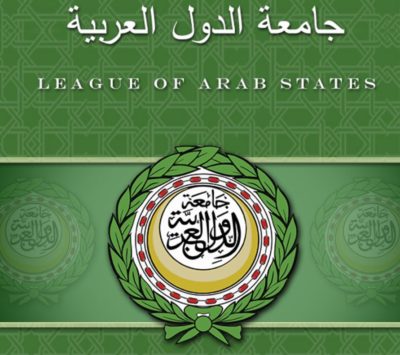The Cairo-based League of Arab States, comprising of 22 various Arab states, decried, on Tuesday, Israel’s closure of the Palestinian Authority-linked Palestine TV in the internationally-recognized occupied East Jerusalem.
In a statement, released earlier, by the under-secretary of the Arab States for Palestinian and Arab territories affairs, Said Abuali, said that he believes that such an Israeli-imposed closure of the national Palestinian TV is part of an ongoing Israeli warfare against the Palestinian existence, in the occupied East Jerusalem.
Abuali further noted that unless there is a genuine international action to curb Israeli practices, such practices would likely continue in a way that would violate all international humanitarian norms and laws.
The high-ranking Palestinian-Arab official called for immediate intervention by the international community, to prevent further Israeli provocative actions that threaten the existence of the Palestinian nation.
Earlier this month, Israeli occupation authorities ordered the closure of the office of Palestine TV channel, in East Jerusalem. The Israeli government’s decree denied crews of the Palestine TV of working on the ground, within the boundaries of occupied East Jerusalem.
Since 2018, when United States’ president, Donald Trump, recognized the entire Jerusalem city as the capital of Israel, Israel has been embarking on actions that have reinforced Israeli dominance in the internationally-recognized Palestinian Arab part of Jerusalem, known as occupied East Jerusalem.
In June of 1967, Israel occupied East Jerusalem, and the rest of the West Bank and Gaza Strip. By then, United Nations’ Security Council issued resolution 242 that clearly demanded Israel to withdraw immediately from the Arab lands it occupied in June 4, 1967, including the now-occupied East Jerusalem.
Currently, East Jerusalem is surrounded by several Israeli colonial settlements that are home to tens of thousands of Israelis. Settlement construction and expansion has been deemed illegal by international law and relevant United Nations resolutions.

